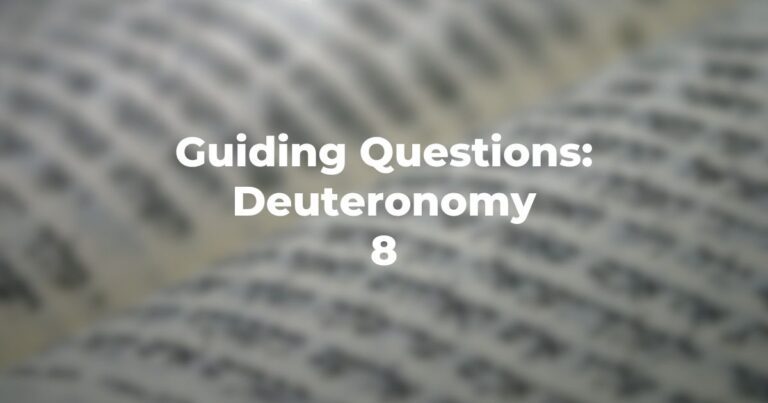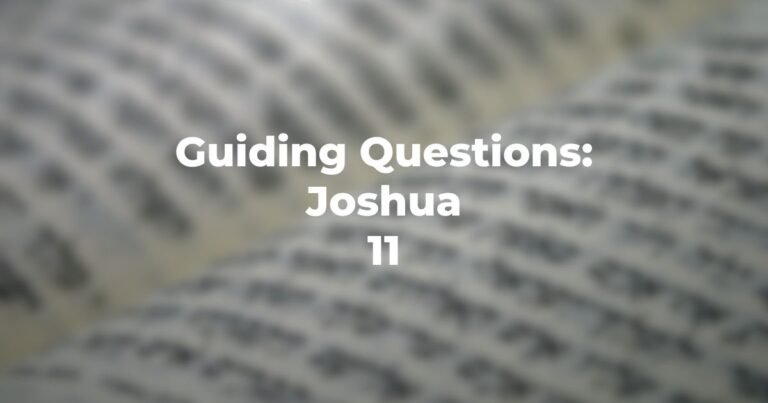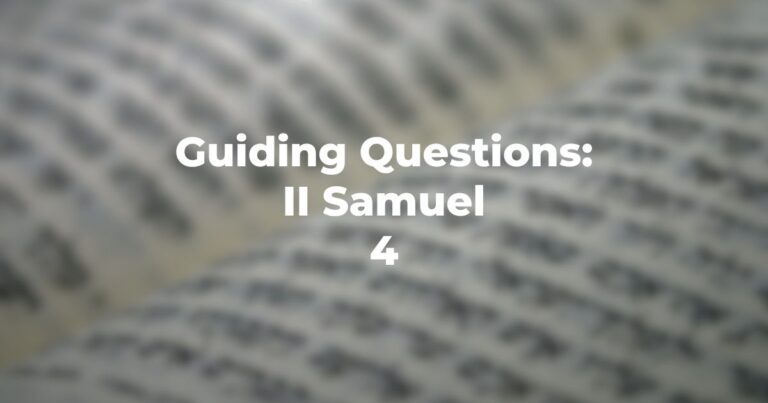- Eliphaz raises a fundamental question about the relationship between God and man (Job 22:2-4). What is it?
- What immediately distinguishes Eliphaz’s present speech from his previous orations and from those of he other friends (Job 22:5)?
- On what basis does Eliphaz make his harsh accusations against Job (Job 22:6-9)?
- What are the consequences of Job’s alleged transgressions (Job 22:10-11)?
- What is Job’s perception of God according to Eliphaz (Job 22:12-14)?
- Where have we previously read lines similar to Job 22:15-16?
- Where have we previously read lines similar to Job 22:17-18?
- What theological principle does Eliphaz allude to in Job 22:19-26?
- To whom does Job 22:20 refer?
- What is the substance of Eliphaz’s advice to Job in Job 22:21-28?
- What is his message about material possessions (Job 22:24-25)?
- What powers will Job possess if he follows Eliphaz’s advice (Job 22:23-30)?
- In Job 22:29, other versions render the Hebrew geivah — “rise up” contrary to JPS’s “it is pride”. Which rendering is more appropriate to the context?
- How will the guilty merit exoneration (“be delivered”) through the cleanness of Job’s hands (Job 22:30)? Compare Genesis 18:20-33.
Author
-

Exploring Judaism is the digital home for Conservative/Masorti Judaism, embracing the beauty and complexity of Judaism, and our personal search for meaning, learning, and connecting. Our goal is to create content based on three core framing: Meaning-Making (Why?), Practical Living (How?), and Explainers (What?).
View all posts





